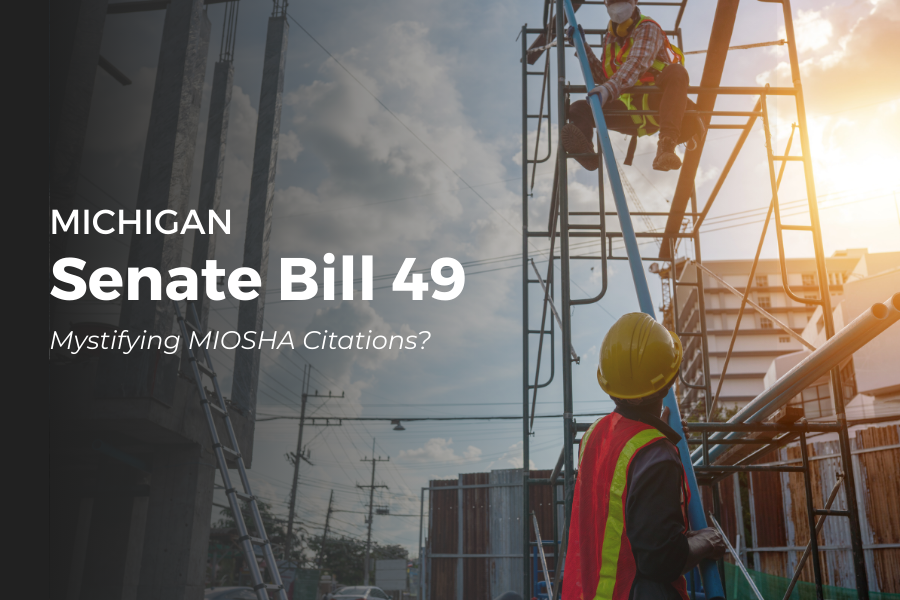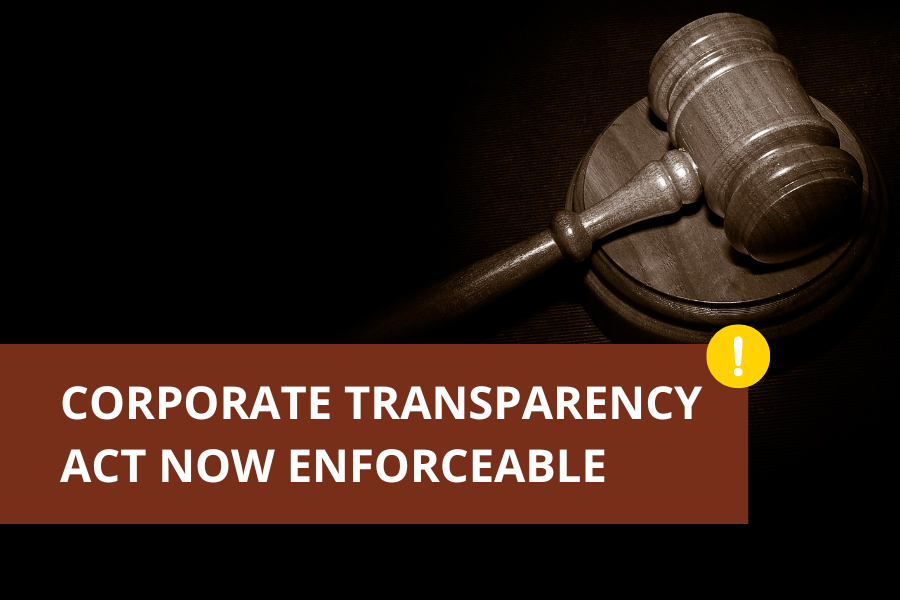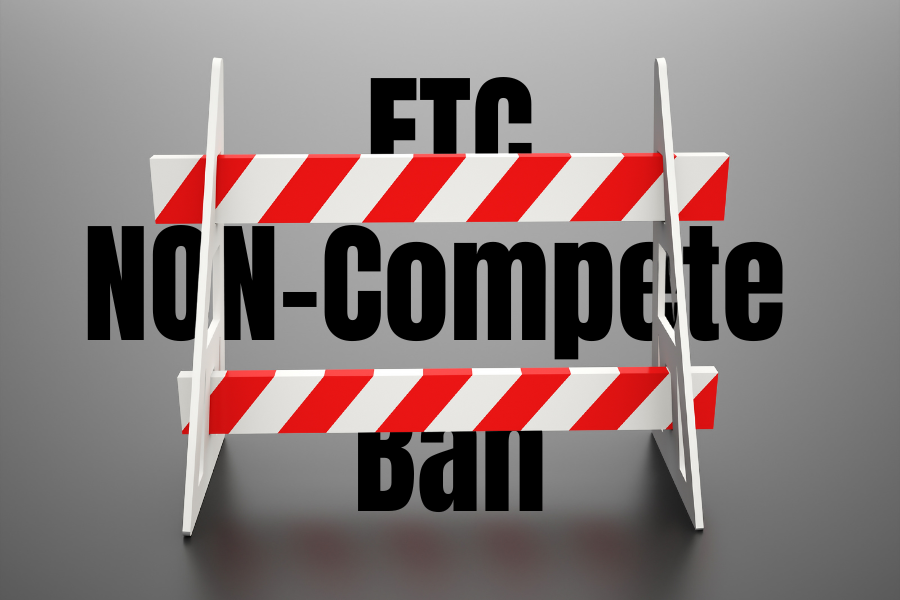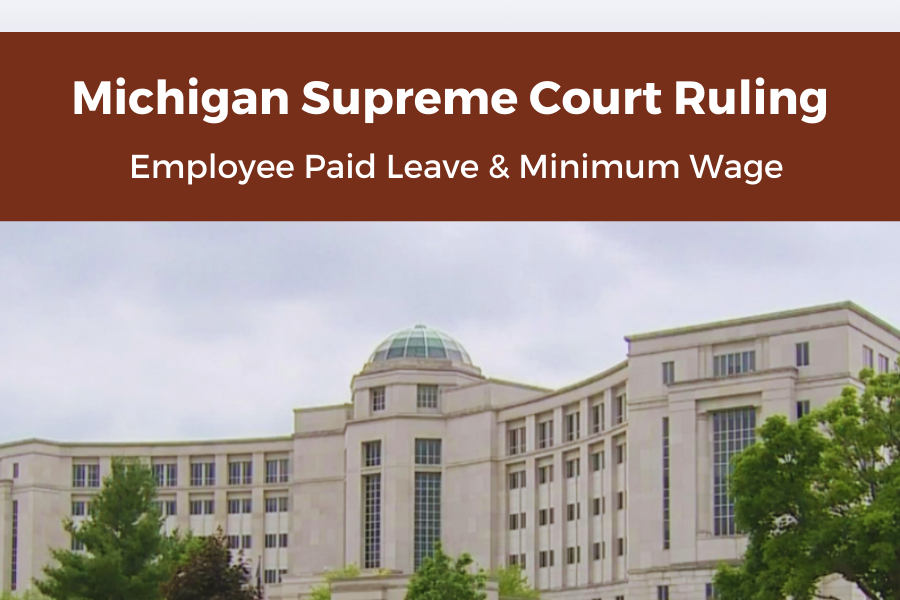The enforceability of prehearing arbitration subpoenas after CVS Health Corporation, et al vs. Vividus, LLC, fka HM Compounding Services, LLC
By Stephen A. Hilger, Esq.
This is Part 4 in a 20-part series of articles dealing with issues of arbitration, mediation and alternate dispute resolution in the construction industry.
Those who have participated in arbitration proceedings understand the difficulty of getting documents from non-parties. For example, in a Contractor – Subcontractor dispute, litigants may want documents from the owner, architect, testing lab, and the like. However, those non-parties may not be connected to the Contractor – Subcontractor arbitration agreement. The litigants can require or request that the arbitrators issue subpoenas, which arbitrators typically do, but what happens when the third-party simply refuses to comply?
That dilemma was recently discussed, in part, by the Ninth Circuit Court of Appeals on December 21, 2017 in CVS Health Corporation, et al vs. Vividus, LLC, fka HM Compounding Services, LLC, et al, No. 16-16187 (December 21, 2017). In that case, the appellants obtained a prehearing arbitration subpoena to produce documents and attempted to enforce that subpoena on a third-party. The third-party simply ignored the subpoena, so the moving party filed litigation in the United States District Court to compel pre-hearing discovery based on the subpoena.
Section 7 of the Federal Arbitration Act confers upon arbitrators the power to summon in writing any person to attend a hearing before them as a witness and in a proper case to bring with them any book, record, document or paper which may be deemed material as evidence in the case. The “hearing” is where everyone sits in a room and presents their case to the arbitrator(s). By the time the “hearing” comes around, the litigants, and especially their lawyers, would prefer to be prepared by having the documents in advance so they can be adequately prepared. However, the United States District Court read the language of Section 7 and concluded that the plain reading of the statute did not allow for prehearing discovery from third parties outside of a hearing. The Ninth Circuit affirmed.
The court drew a fine line distinction between the enforceability of the subpoena prehearing versus during a hearing. Enforceability during a hearing does not appear to be questioned in the opinion. The court then looked at other Circuit Courts in the Second, Third, and Fourth Circuit, all of which agreed with the Ninth Circuit’s opinion. The Eighth Circuit, on the other hand disagreed.
Nothing in the opinion would discourage arbitrators from traveling to different cities and conducting mini “hearings” for the sole purposes of compelling a third-party subpoena. That means if the process is very important, it will become very expensive as parties ferry the arbitrators and their attorneys to various different cities in various different states simply to collect documents.
The opinion also did not address the enforceability of subpoenas under other rules, such as the rules of the American Arbitration Association. Those decisions will be left for another day. More than likely, the decisions will be the same.
As a practical matter, this means that complex arbitration proceedings will likely be lengthier and more expensive since the issues will not be narrowly refined by having the luxury of looking through third-party discovery documents in advance of the hearing.










